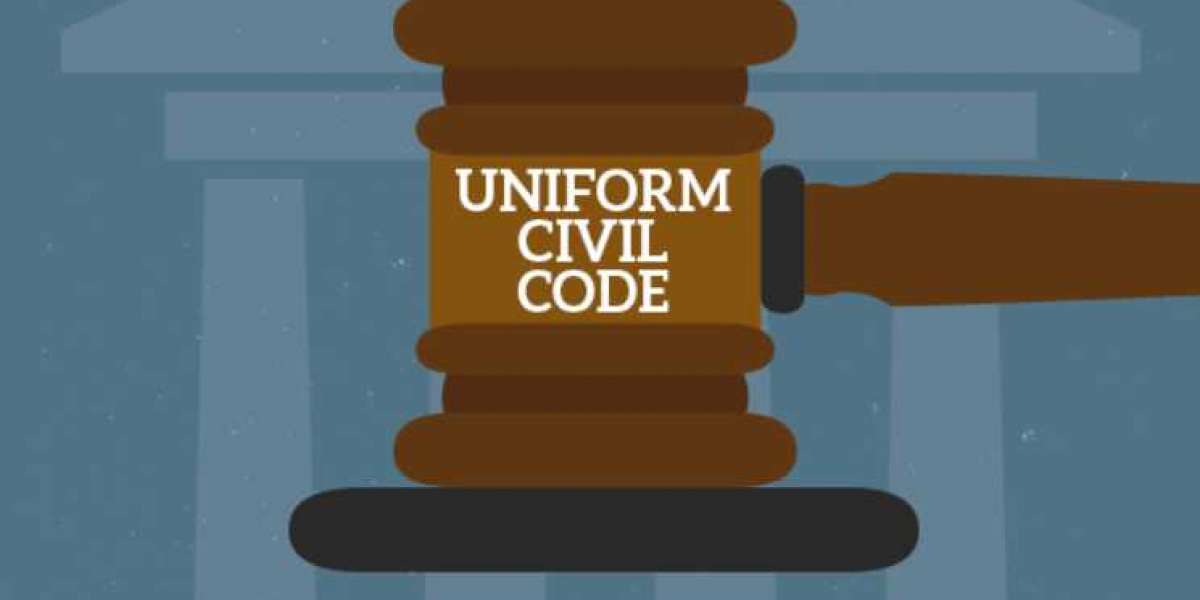Uniform civil code is an ongoing point of debate regarding the Indian Constitution main date to replace personal laws based on the scriptures to a common law for all citizens equally. Article 44 of the directive principle expects the state to apply these while formulating policies for the country. apart from being an important issue regarding secularism in India and fundamental right to practice religion contained in article 25, it became one of the most controversial topic in the contemporary politics during the Shah Bano case in 1985. Although article 44 of the Indian constitution guarantees ucc to all citizens the debate arose when the question of making certain law applicable to all citizens without a branding the fundamental right of right to practice religious functions the debate then focus on Muslim personal law which is particularly based on Sharia law permitting an lateral divorce polygamy and putting it among the legally applying the Sharia law. Personal laws are distinguished from public law and covers marriage divorce inheritance adoption and maintenance. The book first name during the British raj which mainly focus for Hindu and Muslim citizens the British period opposition from community leaders and refrain from further interfering within the domestic sphere.
Uniform civil code wood in theory provide equal status to all citizens in respect of the community they belong personal law of different religions are widely divergent and there is no consistency in how issues like marriage succession adoption are treated for people belonging to different communities its clash with article 14 of the Indian constitution which guarantees equality before the law. Reforms to personal law have also been inconsistent for example amendments have been brought to Hindu personal law in Muslim law has seen fewer changes. This becomes evident in example such as Muslim man being allowed to marry multiple wives but women being forbidden from having multiple husbands. Even though it reinforces equality before law the idea of Uniform civil code classes with the right to freedom of religion article 25 of the Indian Constitution. Separate personal law one of the way in which people have exercise their right to practice their own religion which has been particularly important for minorities.
Goa is the only state in India which has a Uniform civil Court the family law is the set of civil law originally the Portuguese civil code continue to be implemented after its freedom in 1961. 6 and Buddha subjected to the wording of article 25 which term them as Hindus which personal laws being applied to them. However the same article also guarantees the right of member of the Sikh faith to bear a kripan.







